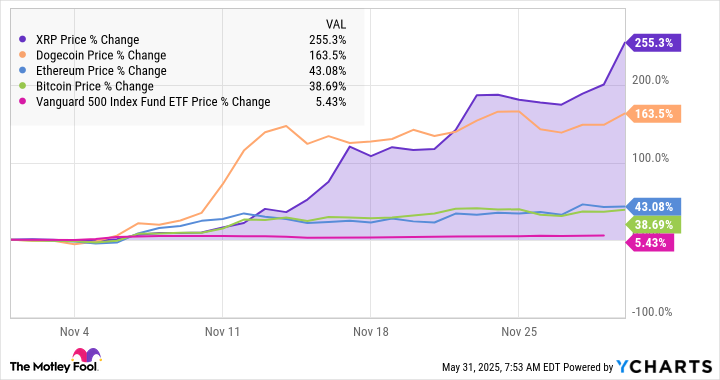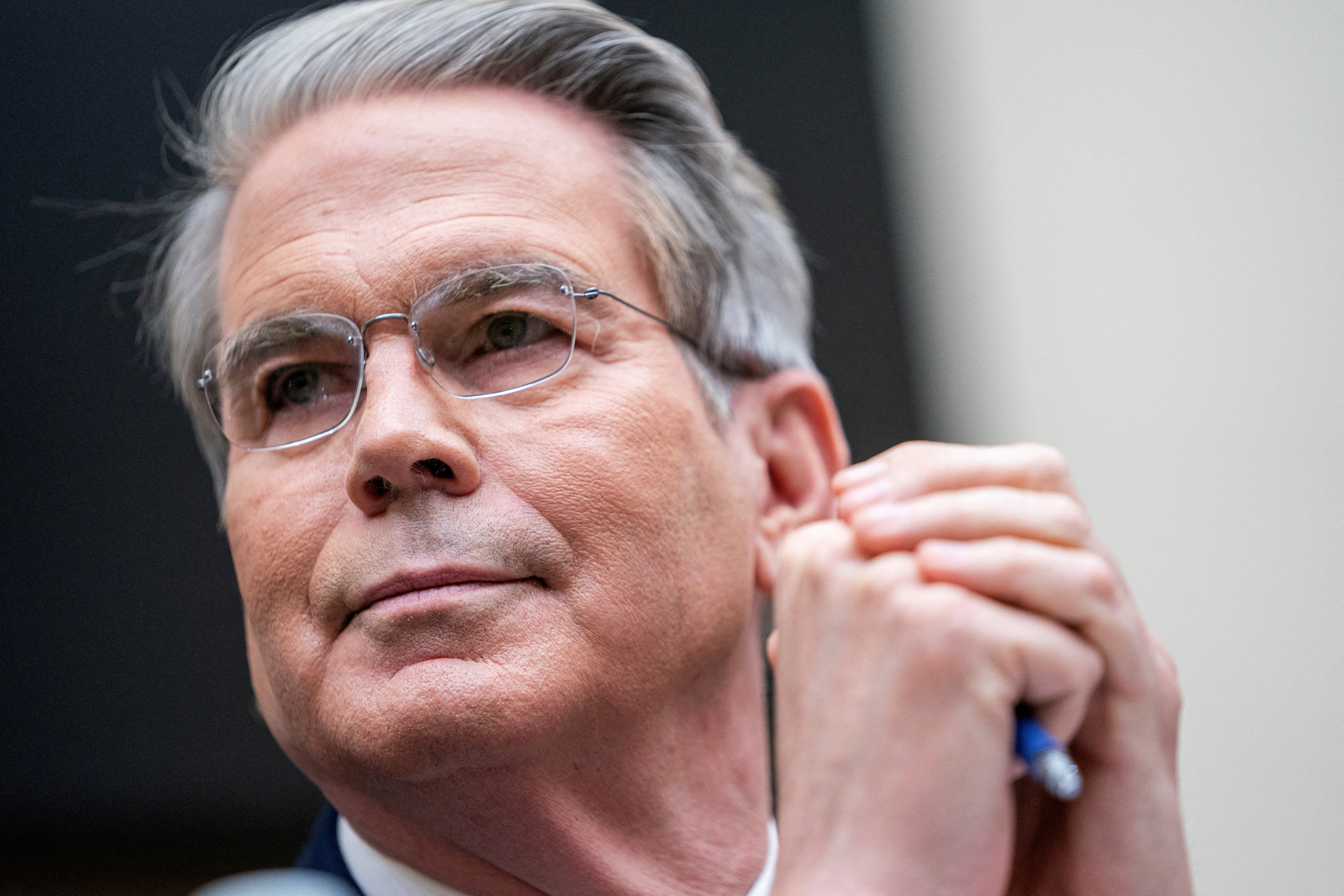Global airlines to address trade war, net-zero uncertainties at annual summit
By Lisa Barrington and Abhijith Ganapavaram
NEW DELHI (Reuters) -An unpredictable trade war and daunting environmental targets are on the agenda for global airline bosses at an annual summit in India, as the industry addresses concerns that geopolitical uncertainty will dent strong travel demand and raise costs.
More people are flying than ever before after a full post-pandemic passenger market recovery, but airlines globally are facing rising cost pressures, extended plane delivery delays, supply chain bottlenecks and a setback in recently strong fares.
On top of this, U.S. President Donald Trump's evolving trade war has upended the aerospace industry's decades-old tariff-free status and added a new layer of volatility, analysts say.
While carriers in Europe and Asia report strong demand for flying, the U.S. sector has been hit by a recent slump in travel demand, with carriers struggling to forecast passenger behaviour and operational costs.
"You can't say that a fall-off in consumer confidence and higher inflation are not going to mean less money in the wallet for people to spend," Aengus Kelly, CEO of AerCap, the world's largest aircraft leasing company, told Reuters.
For now, airlines are filling planes but there are questions over the widely watched yield - or average fare per seat sold - they are able to charge as they tweak fares to fill cabins.
Many, however, are also being cushioned from the worst effects of demand by a fall in fuel prices and a decline in the U.S. dollar's value.
"Those tailwinds have insulated airlines, to date, from the worst effects" of demand, Kelly said.
The influential International Air Transport Association (IATA), which represents more than 300 airlines and over 80% of global air traffic, will hold its annual three-day meeting from Sunday in New Delhi.
The summit, hosted by India's largest carrier IndiGo, comes as the world's third-largest air passenger market rapidly expands its aviation industry, and as air travel growth in Asia is expected to outstrip Europe and North America for the next few decades.
India's recent hostilities with neighbour Pakistan, which is causing Indian airlines to take large, expensive detours around Pakistani airspace, highlight how conflict zones are an increasing burden on airline operations and profitability.
IATA said in February that accidents and incidents related to conflict zones are a top concern for aviation safety requiring urgent global coordination.
Aviation safety will also be in focus after a spate of air accidents in Kazakhstan, South Korea and North America over the past six months, and rising concerns about air traffic control systems in the United States.
Latest News
- Dow Jones Futures: Stocks At Key Levels Amid Trump Tariff News; Palantir In Buy Zone As Tesla, Nvidia Fall Back
- XRP (Ripple) Is Down 34%. Should You Buy the Dip?
- Why new cannabis companies face high barriers to entry
- E.l.f. Beauty remains committed to manufacturing in China despite tariffs
- Why Scott Bessent wants to make it easier for banks to own Treasurys
- ‘All the crypto cowboys are gone’: Kevin O’Leary says the sector is safe now and is backing stablecoins













